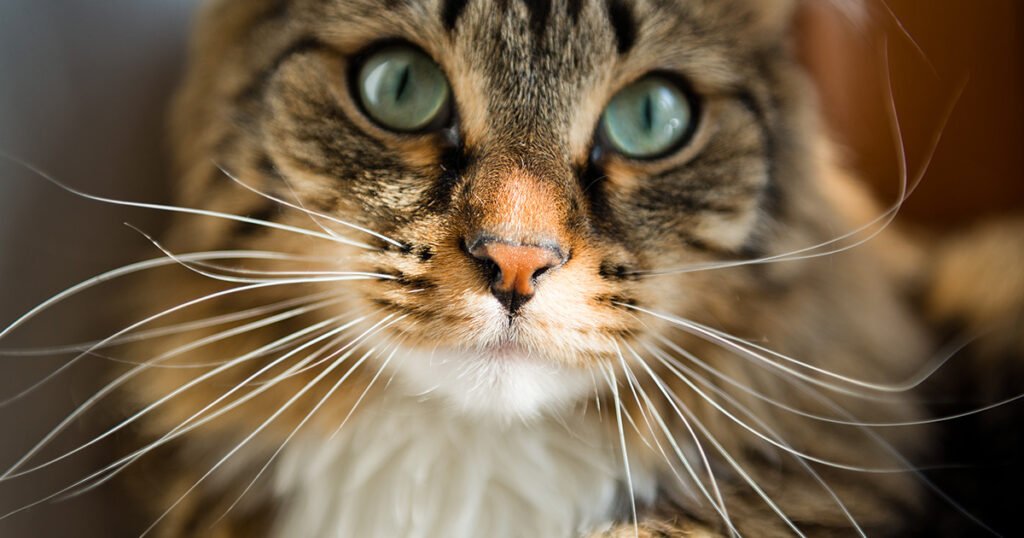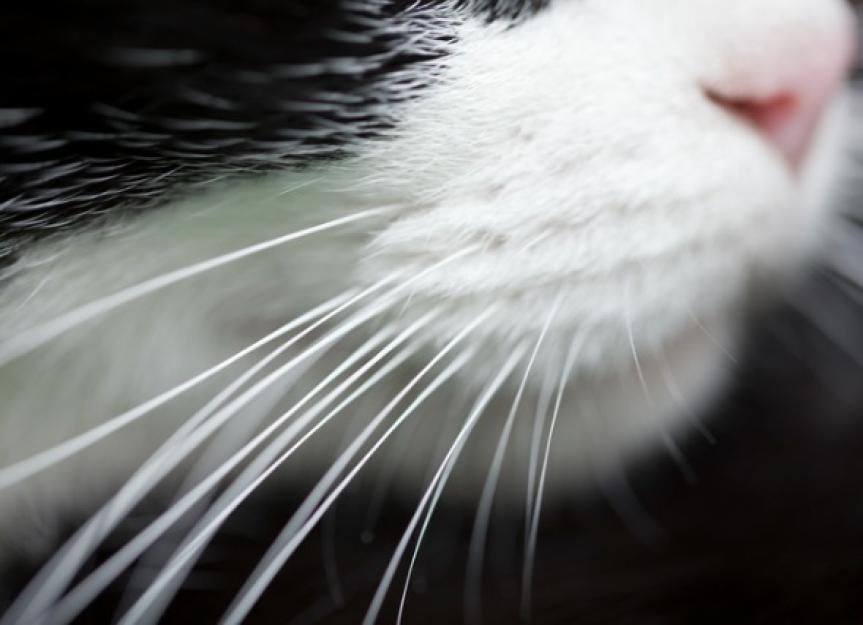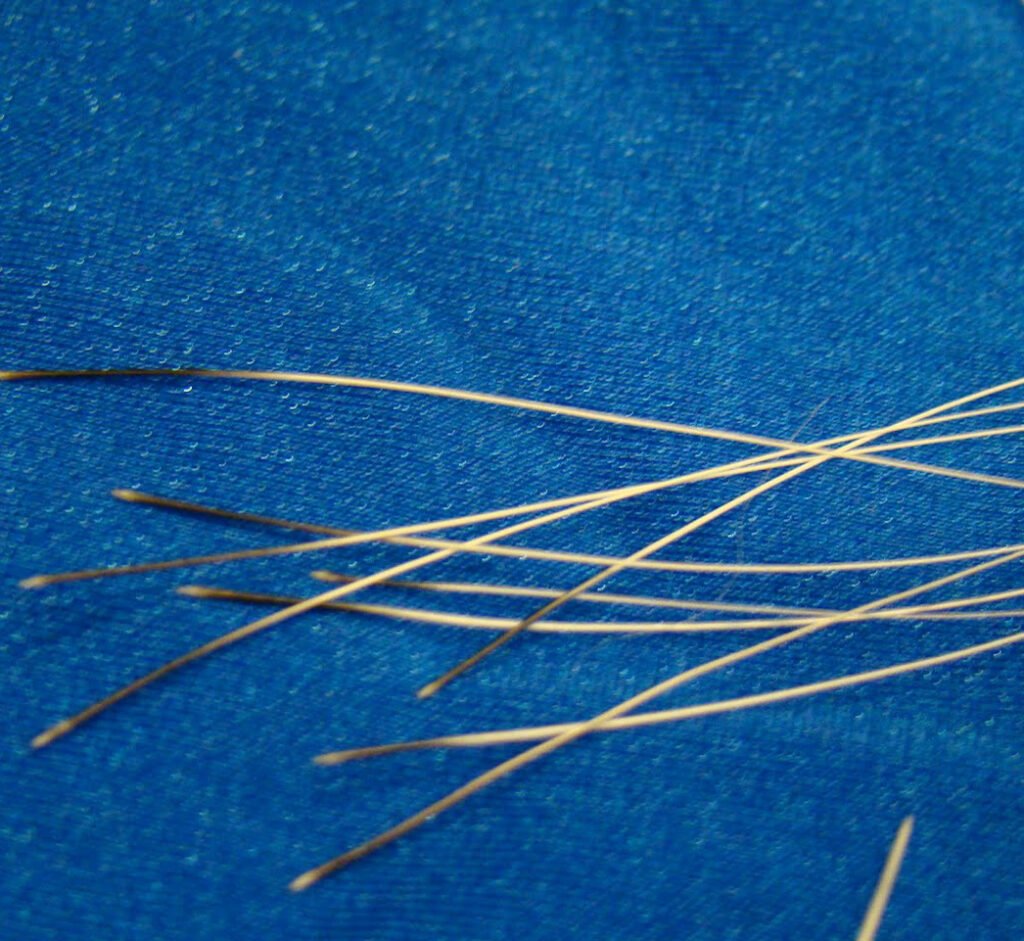How Often Do Cats Lose Whiskers?

Have you ever wondered how often cats lose their whiskers? In this article, we will explore this topic in detail and provide some tips on what to do if you find a lost whisker(s).
Cats are fascinating creatures, with many unique traits that make them stand out from other pets. One of these unique features is their whiskers. Whiskers are long, thick hairs that are found on a cat’s face, that play a crucial role in a cat’s sensory system. They are extremely sensitive and help cats to navigate their environment, sense changes in the air, and even communicate with other cats.
Why do Cats have Whiskers?
Before we dive into the topic of how often cats lose their whiskers, it’s important to understand why cats have them in the first place.
Whiskers are an essential part of a cat’s sensory system, and they serve several important purposes. First, they help cats to navigate their environment. Because cats are hunters, they need to be able to move around in the dark and sense changes in their surroundings. Their whiskers can help them do this (combined with their exceptional hearing and vision). They are extremely sensitive and can detect even the slightest changes in the air.
In addition to helping cats navigate their environment, whiskers also play a crucial role in communication. When a cat is feeling threatened or aggressive, its whiskers will stand up, which is a signal to other cats that it’s ready to fight. In contrast, when a cat is feeling relaxed and content, its whiskers will lie flat against its face.
Whiskers also serve as a way for cats to gauge whether they can fit through a tight space. Because whiskers are as wide as a cat’s body, they can use them to determine if they can squeeze through a narrow opening.

How often do Cats lose their Whiskers?
Cats lose their whiskers on a regular basis, just like they shed their fur. In fact, it’s completely normal for a cat to lose a few whiskers here and there. However, it’s important to note that whiskers can take quite a while to regrow (anywhere from 6 weeks to 12 weeks). This means that if a cat loses a large number of whiskers at a given time, it can have an impact on its sensory abilities.
Unlike fur, cats only have about 12 whiskers on each cheek. So they don’t have too many to spare. Losing more than 1-2 of these at a time is usually a good sign of abnormal behavior.
But how often do cats lose their whiskers? The answer is that it varies. Some cats may lose a whisker every now and then, while others may lose several at once. If you notice that your cat is losing a large number of whiskers on a regular basis, it’s a good idea to take them to the vet to make sure that there isn’t an underlying medical issue.

Reasons for Whisker Loss in Cats
If you have noticed abnormal whisker loss in your cat, you can begin trying to identify the reason. Here is a list of common possible causes.
- Normal shedding: Cats, like other animals, shed their old whiskers and grow new ones. This is a natural process and should not cause any concern.
- Trauma: Whiskers are sensitive and fragile, and they can break or fall out if your cat experiences any trauma or injury to the face. This could include a fall or blow to the head.
- Skin infections: Cats can develop skin infections that affect the hair follicles, including those that produce whiskers. Infections can cause hair loss, including whisker loss.
- Allergies: Cats can have allergies to a variety of substances, including their food, environment, and grooming products. Allergic reactions can cause hair loss, including whisker loss.
- Ringworm: Ringworm is a fungal infection that can affect cats. It can cause hair loss, including whisker loss, and may require medical treatment.
- Medical conditions: Some medical conditions, such as hyperthyroidism and autoimmune diseases, can cause hair loss in cats, including whisker loss. If your cat is losing whiskers and you are concerned, it is important to have them evaluated by a veterinarian to rule out any underlying medical issues.
Diagnosis and Solutions
If your cat’s whisker loss is due to a natural shedding process, there’s not much you can do to prevent it. It’s important to let the process run its course and not try to force any whiskers out. Additionally, make sure your cat’s diet is high in protein and contains all the necessary nutrients for healthy hair growth.
If your cat’s whisker loss is due to an underlying issue, treatment will depend on the specific condition. Your vet may prescribe medication or recommend a change in diet or environment to help your cat recover.


